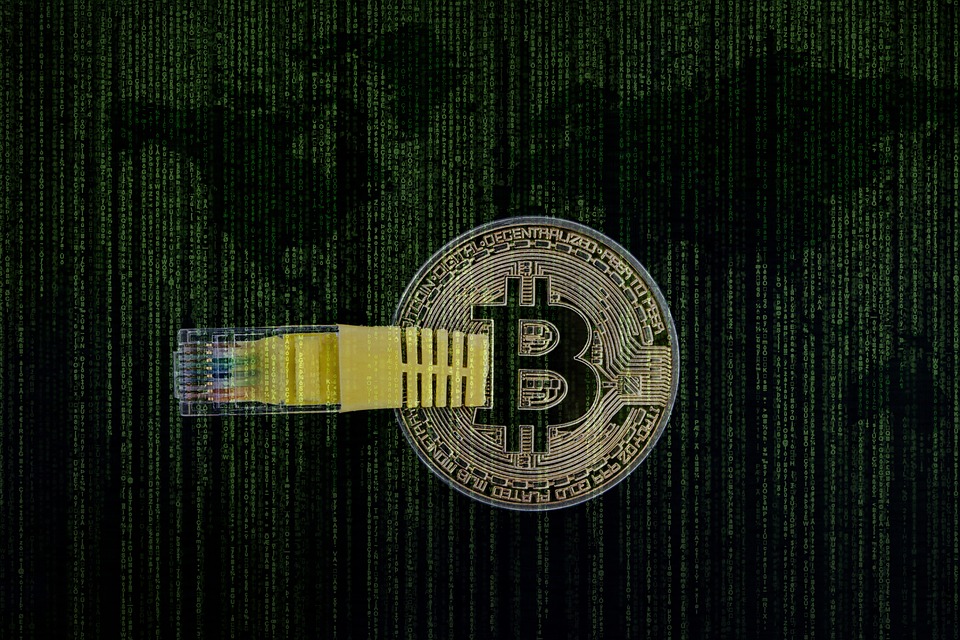Smart Contracts: The Game Changer in Blockchain Innovation
In the rapidly evolving landscape of technology, few innovations have captured the imagination as profoundly as blockchain. Initially recognized for its role in powering cryptocurrencies like Bitcoin, blockchain has since emerged as a foundational technology with applications across various industries. At the heart of this revolution are smart contracts—self-executing contracts with the terms of the agreement directly written into code. These programmable contracts are redefining the rules of engagement in numerous sectors, positioning themselves as a game changer in blockchain innovation.
Understanding Smart Contracts
Smart contracts can be understood as automated agreements that enforce and execute contractual obligations without the need for intermediaries. Built on blockchain networks, they leverage the decentralized and immutable nature of the technology to ensure security, trust, and efficiency. Once pre-defined conditions are met, smart contracts automatically execute stipulated actions, such as transferring funds, issuing tokens, or triggering other smart contract functions.
For instance, in a real estate transaction, a smart contract could automatically transfer ownership of a property once the buyer’s payment is confirmed. This process eliminates the need for real estate agents, notaries, and other middlemen, significantly reducing costs and transaction times.
Redefining Trust and Security
One of the most significant advantages of smart contracts is their ability to promote trust and security. Traditional agreements often rely on intermediaries, which introduce potential vulnerabilities and points of failure. Smart contracts, however, operate on decentralized networks, meaning that they are less susceptible to fraud and tampering. Once deployed, a smart contract cannot be altered, ensuring that all parties adhere to the agreed-upon terms.
Additionally, the transparency inherent in blockchain technology allows all parties to see the contract’s history and execution, further enhancing trust. This transparency ensures that once a contract is executed, it is publicly verifiable by all stakeholders, thereby reducing disputes and enhancing accountability.
Efficiency and Cost Reduction
The automation of contractual processes is another compelling benefit of smart contracts. By eliminating the need for intermediaries and reducing manual processes, smart contracts can significantly expedite transactions. This efficiency is particularly advantageous in industries where time-sensitive transactions are critical, such as finance, supply chain management, and insurance.
Moreover, the reduction of administrative burdens often translates to substantial cost savings. By streamlining operations and reducing the reliance on third-party services, organizations can allocate resources more effectively, focusing on innovation and growth rather than on bureaucratic overhead.
Use Cases Across Industries
The versatility of smart contracts enables their application across a multitude of industries:
-
Finance: Smart contracts facilitate automated transactions, including loans, peer-to-peer lending, and insurance claims. They enable decentralized finance (DeFi) platforms that provide users with greater access to financial services without traditional banking systems.
-
Supply Chain Management: Smart contracts enhance transparency and traceability by recording every step in the supply chain. This real-time monitoring allows companies to verify the authenticity of products and streamline logistics.
-
Healthcare: Patient records, consent management, and pharmaceuticals can benefit from smart contracts by automating information sharing while ensuring data privacy and compliance with regulations.
-
Legal: Legal agreements can be encoded into smart contracts to automate enforcement and compliance. This approach can expedite dispute resolution and minimize litigation costs.
- Real Estate: From property sales to rentals, smart contracts can handle various real estate transactions, ensuring automatic execution based on pre-established criteria.
Challenges and Considerations
Despite their transformative potential, smart contracts are not without challenges. Technical complexities can arise from coding errors or logic flaws, which may lead to unintended outcomes. Moreover, the immutability of blockchain means that any errors embedded in a smart contract cannot be easily rectified.
Legal recognition of smart contracts also poses challenges. While some jurisdictions are beginning to acknowledge the validity of blockchain-based contracts, a comprehensive legal framework is still in development. This lack of standardization may hinder wider adoption and regulatory compliance.
Conclusion
Smart contracts represent a pivotal advancement in blockchain innovation, fundamentally transforming how agreements are made and executed. By providing a mechanism for trust, security, efficiency, and cost reduction, they have the potential to disrupt traditional business models across various sectors. As the technology matures and legal frameworks evolve, the adoption of smart contracts is expected to grow, paving the way for a more decentralized and efficient future. Embracing this innovation could well position organizations at the forefront of the digital transformation journey, enabling them to thrive in an increasingly competitive landscape.




